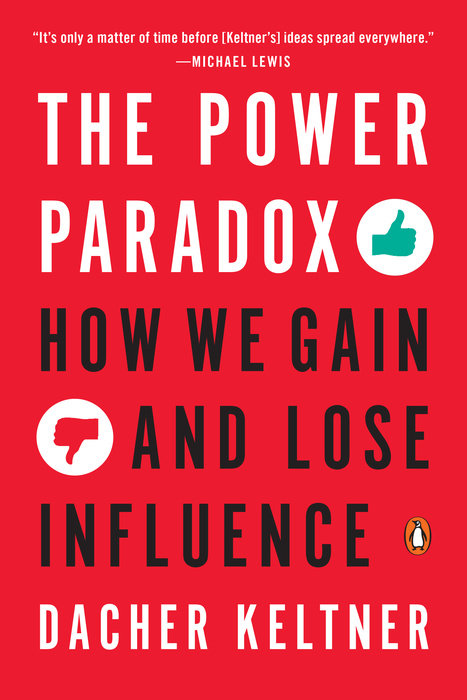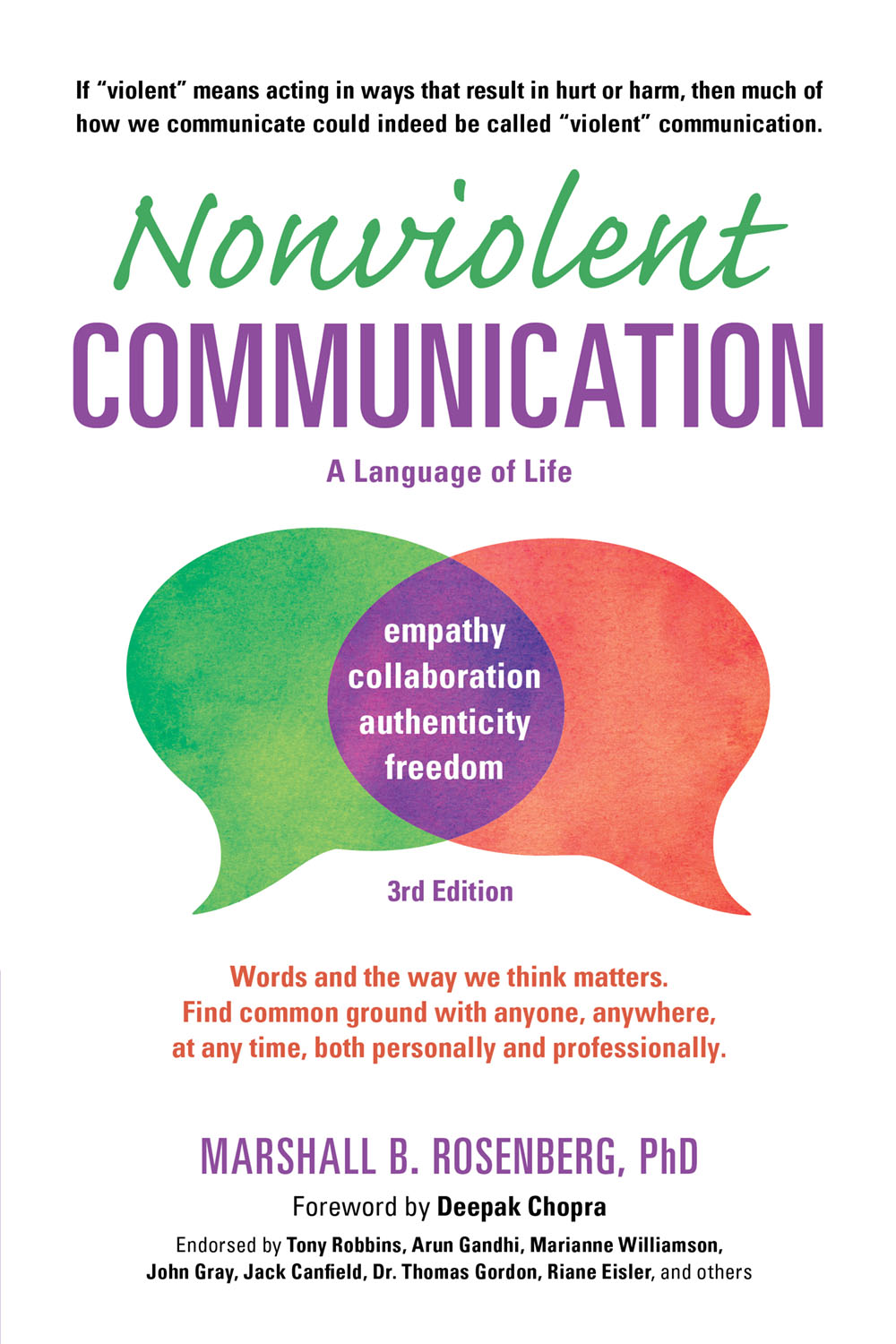

There are many causes I would die for. There is not a single cause I would kill for.

Mohandas Karamchand Gandhi (1869–1948) was an Indian lawyer, political ethicist, and anti-colonial nationalist whose campaigns of civil disobedience helped lead to India’s independence from British rule. His espousal of nonviolent resistance inspired civil rights movements across the world, earning him the honorific of “Mahātmā,” or “great-souled.”
YOU MIGHT ALSO LIKE
CLEAR ALL
BY TOPIC
BY TEACHER
BY TYPE
FILTER

TOPIC
- Racism (53)
- Black Well-Being (51)
- Environmental Justice (51)
- Nonviolence (48)
- Social Responsibility (46)
- Poverty/Economic Inequality (44)
- Spirituality and Politics (42)
- Healing Approaches (40)
- Racial Discrimination (40)
- Economic Justice (39)
- Racial Healing (33)
- Self-Care (31)
- Climate Change (30)
- Gender Justice (30)
- Communication Skills (28)
- Youth Activism (28)
- LGBTQIA Well-Being (25)
- Trauma Healing (21)
- Fellowship and Community (20)
- Female Empowerment (20)
- Women’s Rights (18)
- Women’s Well-Being (18)
- Connection with Nature (17)
- Cross-Cultural Dynamics (17)
- Empowerment (17)
- Feminism (17)
- Speaking Your Truth (15)
- Gender Discrimination (14)
- Sustainability (14)
- Building Culture (13)
- Christianity (13)
- Compassion (13)
- Imagination and Creativity (13)
- Incarceration (13)
- Masculine/Feminine Dynamics (13)
- Self-Healing (13)
- Creative Well-Being (12)
- Freedom (12)
- Leadership (12)
- LGBTQIA Sexuality (12)
- Memoir (12)
- Burnout (11)
- Courage (11)
- Disabled Well-Being (11)
- Ecospirituality (11)
- Global Challenges (11)
- Homophobia (11)
- Resilience (11)
- Whiteness (11)
- Interdependence (10)
- Racial Identity (10)
- Athlete Well-Being (9)
- Buddhism (9)
- Conflict Resolution (9)
- Identity (9)
- Mind-Body Connection (9)
- Moral Philosophy (9)
- Offering Support to Others (9)
- Environmental Exploitation (8)
- Higher Calling (8)
- Hope (8)
- Inner Life (8)
- Mindfulness (8)
- Othering (8)
- Search for Purpose (8)
- Young Adult Well-Being (8)
- Belonging (7)
- Collaboration (7)
- Connection (7)
- Discrimination (7)
- Gender and Spirituality (7)
- Gender Challenges (7)
- Access to Education (6)
- Anger (6)
- Asking for Help (6)
- Collective Trauma (6)
- Emotional and Mental Health (6)
- Inspiration (6)
- Integrative Medicine (6)
- Motivation (6)
- Self-Discovery (6)
- Self-Expression (6)
- Social Presence (6)
- Spiritual Practices (6)
- Transformation (6)
- Trust (6)
- War (6)
- Cancer (5)
- Chronic Health Conditions (5)
- Compassion Fatigue (5)
- Finding Meaning (5)
- Goal Setting (5)
- Immigration and Assimilation (5)
- Indigenous Rights (5)
- Indigenous Well-Being (5)
- Living with Illness (5)
- Naturopathy (5)
- Race and Gender (5)
- Transgender Well-Being (5)
- Veteran Well-Being (5)
- Vulnerability (5)
- AAPI Well-Being (4)
- Anxiety (4)
- Body Image (4)
- Criticism and Rejection (4)
- Empathy (4)
- Failure (4)
- Functional Medicine (4)
- Human Potential (4)
- Integrity (4)
- Intention (4)
- Islam (4)
- Latinx Well-Being (4)
- Loneliness (4)
- Sacred Feminine (4)
- Self-Love (4)
- Self-Worth (4)
- Social Psychology (4)
- Spiritual Growth (4)
- Spiritual Healing (4)
- Spiritual Life (4)
- Spirituality and Health (4)
- Stress Management (4)
- Unity (4)
- Well-Being (4)
- Yoga (4)
- Aging (3)
- AIDS (3)
- Authenticity (3)
- Caregiver Well-Being (3)
- Digital Life (3)
- Faith (3)
- Faith and Identity (3)
- Fear (3)
- Gender Identity (3)
- Holism (3)
- Indigenous Healing Approaches (3)
- Love (3)
- Mentoring (3)
- Nutritional Medicine (3)
- PTSD (3)
- Relationship Challenges (3)
- Self-Development (3)
- Self-Reckoning (3)
- Self-Reflection Practices (3)
- Sexuality (3)
- Social Media Addiction (3)
- Soul Mission (3)
- Spiritual Awakening (3)
- Traumatic Grief (3)
- Unconscious Bias (3)
- Work Relationships (3)
- Adaptability (2)
- Addiction (2)
- Addiction Recovery (2)
- Animal Welfare (2)
- Awareness (2)
- Child’s Trauma (2)
- Children’s Well-Being (2)
- Conscious Evolution (2)
- Depression (2)
- Dharma (2)
- Energy Healing (2)
- Epigenetics (2)
- Friendship (2)
- Generosity (2)
- Global Food Supply (2)
- God (2)
- Grit (2)
- Homeopathy (2)
- Humanitarian Aid/Relief Work (2)
- Illness and Injury (2)
- Inner Peace (2)
- Judaism (2)
- Letting Go (2)
- Meditation (2)
- Neuroscience (2)
- Oneness (2)
- Optimism (2)
- Parenting (2)
- Physical Health (2)
- Poetry (2)
- Prayer (2)
- Reproductive Health (2)
- Self-Esteem (2)
- Self-Mastery (2)
- Shadow (2)
- Storytelling (2)
- Suffering (2)
- Trauma (2)
- Unfulfilled Career (2)
- Values (2)
- Wholeness (2)
- Acceptance (1)
- Accepting Love (1)
- Adoption (1)
- Alcohol Addiction (1)
- Anger Management (1)
- Animal Connection (1)
- Archetypes (1)
- Autism (1)
- Autoimmune Disease (1)
- Ayahuasca (1)
- Ayurveda (1)
- Body Positivity (1)
- Breathwork (1)
- Bullying (1)
- Challenges with Teens (1)
- Child’s Emotional Growth (1)
- Christian Mysticism (1)
- Chronic Pain (1)
- Cognitive Behavioral Therapy (1)
- Coming Out (1)
- Comparing Belief Traditions (1)
- Compassion Meditation (1)
- Confidence (1)
- Consciousness (1)
- Curiosity (1)
- Death and Dying (1)
- Despair (1)
- Disconnection (1)
- Drug Policy (1)
- Dysfunctional Childhood (1)
- Embodiment (1)
- Emotional Intelligence (EQ) (1)
- Emotional Labor (1)
- Entrepreneurship (1)
- Facing Own Death (1)
- Family Dynamics (1)
- Fatherhood (1)
- Forest Bathing (1)
- Forgiveness (1)
- Foster Parenting (1)
- Generational Healing (1)
- Genetics (1)
- Goddess (1)
- Grief (1)
- Growth Mindset (1)
- Guided Imagery (1)
- Habits of Mind (1)
- Handling a Child’s Illness (1)
- Handling a Loved One’s Illness (1)
- Happiness (1)
- Healthy Eating (1)
- Herbal Supplementation (1)
- Hinduism (1)
- Honoring Emotion (1)
- Humility (1)
- Inflammation (1)
- Inner Strengths (1)
- Insomnia (1)
- Intergenerational Trauma (1)
- Intimacy (1)
- Jewish Renewal (1)
- Jungian Analysis (1)
- Kindness (1)
- Learning Styles (1)
- Leaving a Religion (1)
- LGBTQIA Children (1)
- LGBTQIA Parents (1)
- Life Challenges (1)
- Lifestyle Medicine (1)
- Managing Energy (1)
- Men’s Well-Being (1)
- Mental Health Challenges (1)
- Military to Civilian Re-entry (1)
- Native American Beliefs (1)
- Neopaganism (1)
- Neurodiversity (1)
- Nonbinary Well-Being (1)
- Passion (1)
- Patience (1)
- Philosophical Approaches (1)
- Plant Spirit Medicine (1)
- Positive Psychology (1)
- Positive Thinking (1)
- Problem Solving (1)
- Psychology (1)
- Quantum Physics (1)
- Quitting Your Job (1)
- Reiki (1)
- Relationship with Time (1)
- Ritual (1)
- Science and Spirituality (1)
- Self-Actualization (1)
- Self-Realization (1)
- Sex (1)
- Sexual Assault or Abuse (1)
- Sexual Health (1)
- Shame (1)
- Sleep (1)
- Spiritual Development (1)
- Spiritual Quest (1)
- Suicide (1)
- Suicide Loss Survivor (1)
- The Feldenkrais Method (1)
- Tibetan Buddhism (1)
- Toxic Relationships (1)
- Traditional Chinese Medicine (1)
- Wake-Up Calls (1)
- Witch (1)
- Witchcraft (1)
- Work Challenges (1)
- Work-Life Balance (1)
- Yoga Therapy (1)
- Zen Buddhism (1)
- Zen Meditation (1)
FILTER

TEACHER
- Greta Thunberg (7)
- Rebecca Solnit (7)
- adrienne maree brown (6)
- Nelson Mandela (6)
- angel Kyodo williams (5)
- Audre Lorde (5)
- Dorothy Day (5)
- Rhonda Magee (5)
- The Dalai Lama (5)
- Valarie Kaur (5)
- Alice Walker (4)
- Bernie S. Siegel (4)
- Cornel West (4)
- Pope Francis (4)
- Queen Afua (4)
- Satish Kumar (4)
- Sonia Sanchez (4)
- Traci Blackmon (4)
- Andrew Harvey (3)
- Jacqui Lewis (3)
- James Baldwin (3)
- Jan Willis (3)
- Joan Chittister (3)
- Joanna Macy (3)
- Kenny Ausubel (3)
- Lama Rod Owens (3)
- Mahatma Gandhi (3)
- Riane Eisler (3)
- Simone Weil (3)
- bell hooks (2)
- Caroline Myss (2)
- Deepak Chopra (2)
- Elizabeth Cronise McLaughlin (2)
- Jean Shinoda Bolen (2)
- john a. powell (2)
- Larry Dossey (2)
- Liz Theoharis (2)
- Louise Hay (2)
- Malcolm X (2)
- Melanie Joy (2)
- Michelle Cassandra Johnson (2)
- Muhammad Ali (2)
- Nikki Giovanni (2)
- Nina Simons (2)
- Oprah Winfrey (2)
- Parker J. Palmer (2)
- Pema Khandro (2)
- Rachel Carson (2)
- Rachel Naomi Remen (2)
- Saeed Jones (2)
- Serene Jones (2)
- Sharon Kleinbaum (2)
- Sherin Khankan (2)
- Starhawk (2)
- Winona LaDuke (2)
- Zainab Salbi (2)
- Adrienne Rich (1)
- Amanda Gorman (1)
- Amishi Jha (1)
- Amit Goswami (1)
- Andrew Weil (1)
- Billie Jean King (1)
- Brené Brown (1)
- Chelsey Luger (1)
- Dacher Keltner (1)
- Daisaku Ikeda (1)
- Damien Echols (1)
- Danya Ruttenberg (1)
- Deena Metzger (1)
- Desmond Tutu (1)
- Diane di Prima (1)
- Diane Stein (1)
- Dietrich Bonhoeffer (1)
- Edward Tick (1)
- Elisa Shankle (1)
- Ervin László (1)
- Frans Stiene (1)
- Gabor Maté (1)
- Gaylon Ferguson (1)
- Glennon Doyle (1)
- Howard Thurman (1)
- Ibram X. Kendi (1)
- James H. Cone (1)
- Jeffrey Mishlove (1)
- Jeremy Narby (1)
- Jesus (1)
- Jon Kabat-Zinn (1)
- Kareem Abdul-Jabbar (1)
- LaRayia Gaston (1)
- Lindo Bacon (1)
- Louise Erdrich (1)
- Lucille Clifton (1)
- Malala Yousafzai (1)
- Marc Ian Barasch (1)
- Marianne Williamson (1)
- Marie Forleo (1)
- Martha Beck (1)
- Martin Seligman (1)
- Matthew Fox (1)
- Maya Angelou (1)
- Megan Rapinoe (1)
- Michelle Obama (1)
- Mirabai Bush (1)
- Misty Copeland (1)
- Moshé Feldenkrais (1)
- Nicole Cardoza (1)
- Ram Dass (1)
- Reema Datta (1)
- Rha Goddess (1)
- Rich Fernandez (1)
- Robert Thurman (1)
- Roberto Assagioli (1)
- Rudolph Ballentine (1)
- Rumi (1)
- Russell Brand (1)
- Seane Corn (1)
- Sharon Brous (1)
- Sharon Salzberg (1)
- Sharon Strand Ellison (1)
- Simon Sinek (1)
- Stephanie Y. Evans (1)
- Stephen Levine (1)
- Ta-Nehisi Coates (1)
- Thomas Hübl (1)
- Wendell Berry (1)
- Will Cole (1)
- Woman Stands Shining (1)




